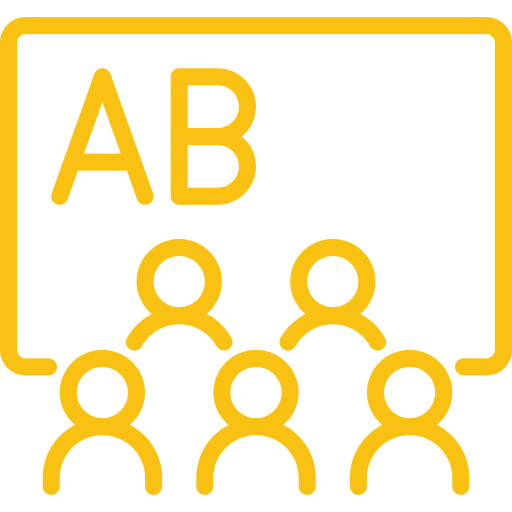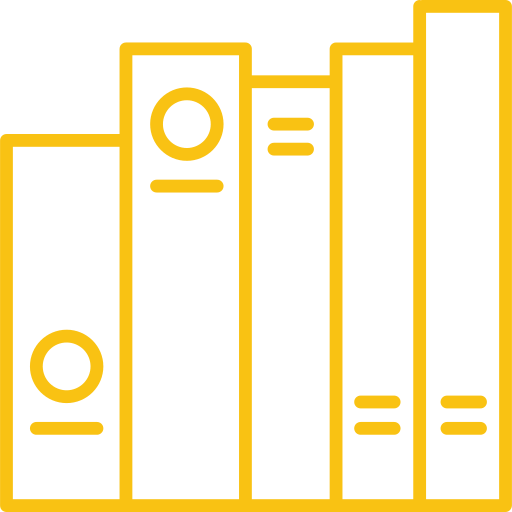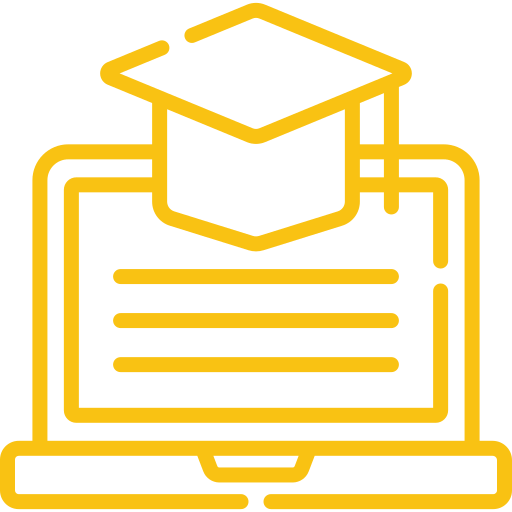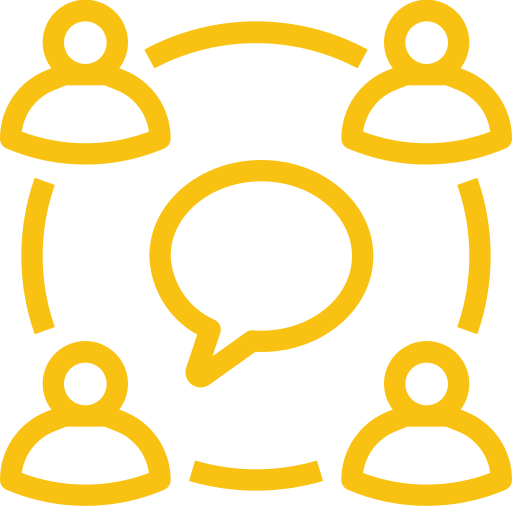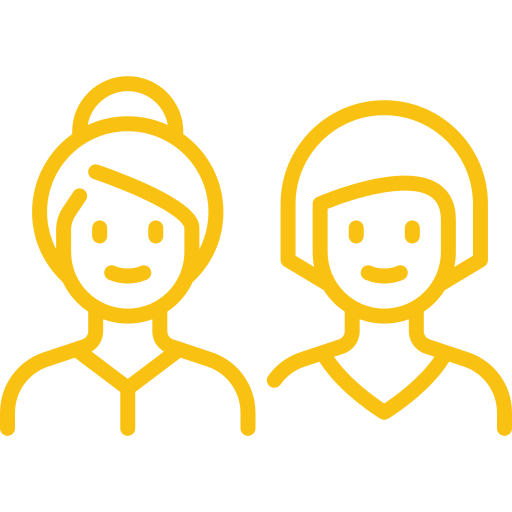Social and emotional learning (SEL) is a fundamental part of human development. SEL is the process through which young people develop healthy identities, manage emotions, feel and show empathy for others, establish and maintain relationships, and make good decisions to achieve personal and collective goals. Every teacher understands the importance of supporting their students’ social and emotional growth, but sometimes knowing how to do this consistently can be a challenge. This is why we have compiled a list of simple and effective strategies to help you finish the year strong with SEL. Even as you wrap up your curriculum and students wrap up their year-end tests, there is always room to build relationships and contribute to safe, healthy school communities.
Most educators are pleasantly surprised to realize they are already focusing on the SEL needs of students. For example, many teachers use stories and literature to promote discussions about ethics and decision-making. From children’s books to lessons in AP American History, there are countless opportunities to discuss the importance of embracing differences, exchanging viewpoints, and showing empathy. Many teachers also promote SEL by encouraging collaboration in the classroom. Partner work, group discussions and even “team tests” help students learn to establish norms, build trust, and overcome challenges to achieve shared goals.
Teachers who are looking for more ways to incorporate SEL into their daily lessons should consider the resources provided by The Collaborative for Academic, Social and Emotional Learning (CASEL). Their website provides a variety of free resources, including a Lesson Planning Checklist to help teachers identify places where SEL practices are included, or could be incorporated. Below are some of the tips they suggest.
1. Share Your SEL Goals Directly with Students
Do you have a specific SEL goal in mind as you build a lesson, such as cooperation during a team exercise or decision-making during a career unit? Let your students know! Clearly articulate your social / emotional goals alongside your academic goals whenever possible.
2. Use Open-Ended Questions
Open-ended questions move students away from simple, one-word “yes” or “no” responses. They require deeper reflection and help students connect with one another. Review lessons to see where closed questions can be changed to open questions and write out the questions as you want to ask them. Examples: How did you solve this problem? What are some examples of ______? What is the author trying to say here? What is another way to say this?
3. Encourage a Cooperative Environment
When students work together in meaningful ways, they also learn important communication skills, trust-building, norm-setting, and collaboration. This is especially important after two years of increased isolation after COVID-19. Look for ways to encourage “Think, Pair, Share” and sustained group or team work to help students build and maintain relationships in your classroom. Make sure to teach and practice the skills students need to effectively work together.
Tips for Effective Cooperative Groups
- Make sure group questions are open-ended so they have something to talk about
- Go over questions before pairing students up to make sure everyone hears and understands the task.
- After partner/group take, keep the large group sharing brief. This emphasizes the importance of the group work.
- Refrain from always repeating or paraphrasing student responses so students learn to focus on each other during large group discussions.
- Reflection
4. Encourage Self-Reflection
Use reflection to encourage self-awareness with a focus on academic and social-emotional learning. At the end of a lesson, you might ask students: What was easy or challenging for you today? What did you do to make sure you were sharing the work fairly? What did you do to make sure you were a good partner today and how did that help the group? What is one thing you would like to learn more about tomorrow? Reflection questions can be added to exit slips, daily homework assignments, class discussion, or even tests. Each time we ask a simple reflection question, we help students build self-awareness which is key to SEL!
We All Have Time for SEL – Most of Us Already Do Much More Than We Think!
Every gesture we make to encourage our students’ social and emotional growth is meaningful. We don’t have to create special units or take things away in order to add SEL. We can help students develop their relationship skills, self-awareness and reflection skills, and their identities just be encouraging thoughtful discussion and effective collaboration in our classrooms.
